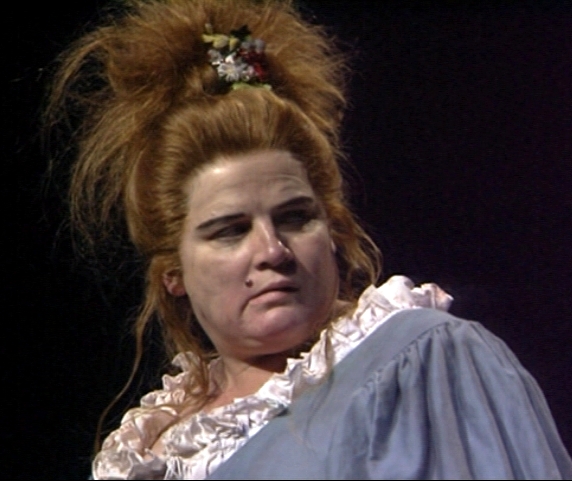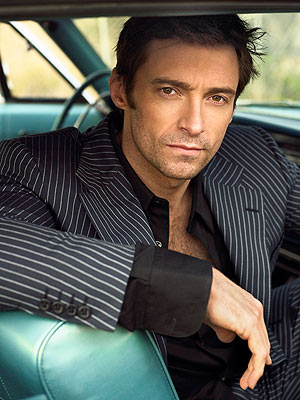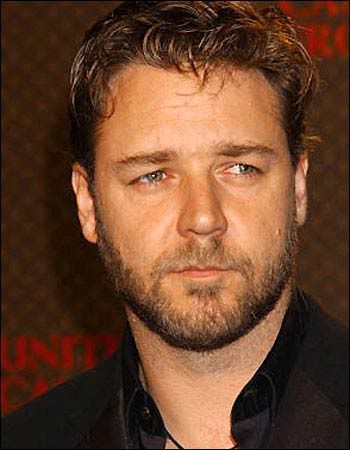"... I am your beggar. I was the mendicant at the foot of the road from your castle. You have given me alms. But he who gives does not notice; he who receives examines and observes. When you say mendicant, you say spy. But as for me, though I am often sad, I try not to be a malicious spy. I used to hold out my hand; you only saw the hand, and you threw into it the charity I needed in the morning in order that I might not die in the evening. I have often been twenty-four hours without eating. Sometimes a penny is life. I owe you my life; I pay the debt."
- Tellmarch the Caimand (I.4.iv)
- Tellmarch the Caimand (I.4.iv)
Ninety-Three Day Count: 50
Ninety-Three Page Count: 93
Hurdling Hugo Day Count: 293
Hurdling Hugo Page Count: 2296
________________________________________
You may have noticed that my
posting on this site has become sporadic at best. Life has a funny way of
taking up a lot of your time like that. Since my last post, I have finished Notre-Dame de Paris, begun Ninety-Three (regarded by many as Hugo’s
best work), started the school year, and been cast in and performed in a community
theatre production of A Midsummer Night’s
Dream. I’ve been busy.
But still… even when I do have time to post here, it often
seems the last thing I want to do. Blogging seems a chore and I don’t want it
to be that. I enjoy literature and discussing it with my friends and, honestly,
that’s what I would like for this to be. I need to become excited again… which
has told me I need to get a fresh start.
I want this not only to
accurately reflect my literary journey (which I’m quickly beginning to realize
will most likely take the rest of my life), but also to act as a way for others
to begin their literary journeys. I
have received word from several friends since I started this journey that they
have become inspired by my tweeting or my blogging to begin literary journeys
of their own. My grandmother has borrowed both War & Peace and Anna
Karenina to read for her own enjoyment. My friend Sherri decided to devote
a year to reading the works of William Shakespeare. Numerous friends have begun
reading Les Miserables as a result of
my commentary on it.
This has opened my eyes to the
realization that people want to read
good books. They want to experience
these great stories in their original medium. In a world that is continually
being overwrought with more and more visual media, there is something altogether
timeless and enduring about the written word. Perhaps that is its power.
My desire, then, has become to
broaden the scope of this blog, not simply to include my own thoughts, but
those of other literary-minded people whose opinions on art and literature I
greatly respect. The goal is almost to make this into a community of like-minded people with the desire to become more
well-read, which, ultimately, is the goal I set out to achieve at the outset of
this whole endeavor. Maybe it’s a pipe dream or a fool’s errand… I don’t know.
Either way, that’s what I’m looking forward to most about this new direction –
spurring others on toward literary independence and discovery.
With this change will come
another new way of doing things. Gone will be the creative alliterations on the
names of the authors I’m reading – Tackling Tolstoy, Hurdling Hugo, etc. – and they
will be replaced by one ubiquitous title – The
Classic Lit Blog. This will be the signature title of this blog as it will
be associated with what I am calling The Classic Lit Project – a gradual
attempt to become well-read by reading classic authors one year at a time. The
mission statement, put as simply as I know how, is One Author, One Year. That’ll
likely change over time, but for now, it seems a good starting point for me as
I continue to figure out this new direction.
________________________________________
Over the past two years, October
has been my ‘announcement month’ – the month in which I put forward the author
who will be the subject of the next year of reading. After much thought and
deliberation, I’ve decided that I want to tackle what is largely considered one
of the greatest novels of the twentieth century – Ulysses. As such, 2013 is set to become the year of James Joyce.
This will require changing a few
things from the way I’ve approached literature previously. After conversations
with an English teacher friend (whose comments on Joyce definitely helped to
cement this decision for me), I feel like the best approach to Joyce would be
to read his major works – Dubliners, A
Portrait of the Artist as a Young Man, and Ulysses – in the order they were published. This, according to him,
will accomplish two goals: (1.) It will allow me to witness firsthand the
evolution of Joyce’s signature style over the course of his literary career,
and (2.) it will help me to familiarize myself with characters that recur in Joyce's
works in the order he established them.
My normal modus operandi, however, has typically been to start with the
largest of an author’s work first and then work my way down. I did this with
Tolstoy to some degree and with Hugo as well. With Joyce, however, I would be
working my way up – from the smallest
of his works, Dubliners, to the
largest, Ulysses. My hope is that
this will solve what I have come to call the “third book problem,” in which I
become burned out and disinterested by the third novel. (I didn’t end up
finishing the collection of short stories I’d chosen for Tolstoy last year and
am currently struggling to become motivated to continue Ninety-Three.) By saving the novel I most want to read for last, my hope is that the momentum and desire
to get there will carry me through to the finish.
As to Joyce’s most daunting work
– Finnegan’s Wake – which is said to
be the most challenging of anything he’s written… there is a part of me that
does want to read it very much. A fine feather for my cap would be this seminal
work of Joyce’s. However, a lot will depend on my feelings upon the completion
of Ulysses, whether I feel I’m up for
such a monumental read. I have heard that there is a wonderful audio edition of
the book available, so I may find myself going that route (another first for
me, as I typically don’t use audio books).
So, as you can see, there are
some big changes coming to this concept in the next few months. For those of
you still invested in Hugo, don’t bail quite yet. I’m not completely done here.
There are still insights to be shared and comments to be made, so hold on. In
the meantime, though, be excited about where this is all heading. I am.

















